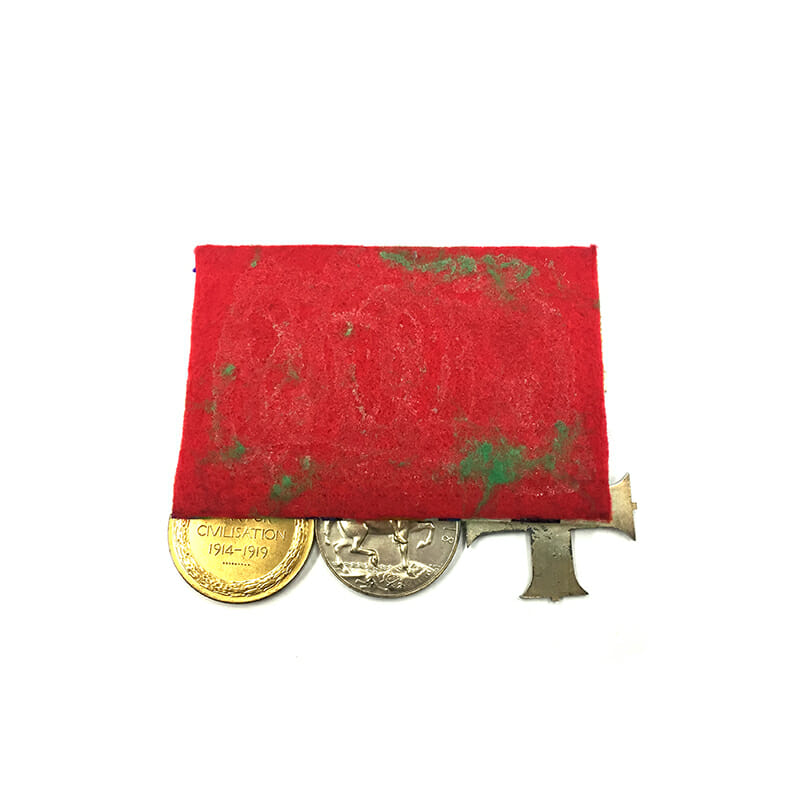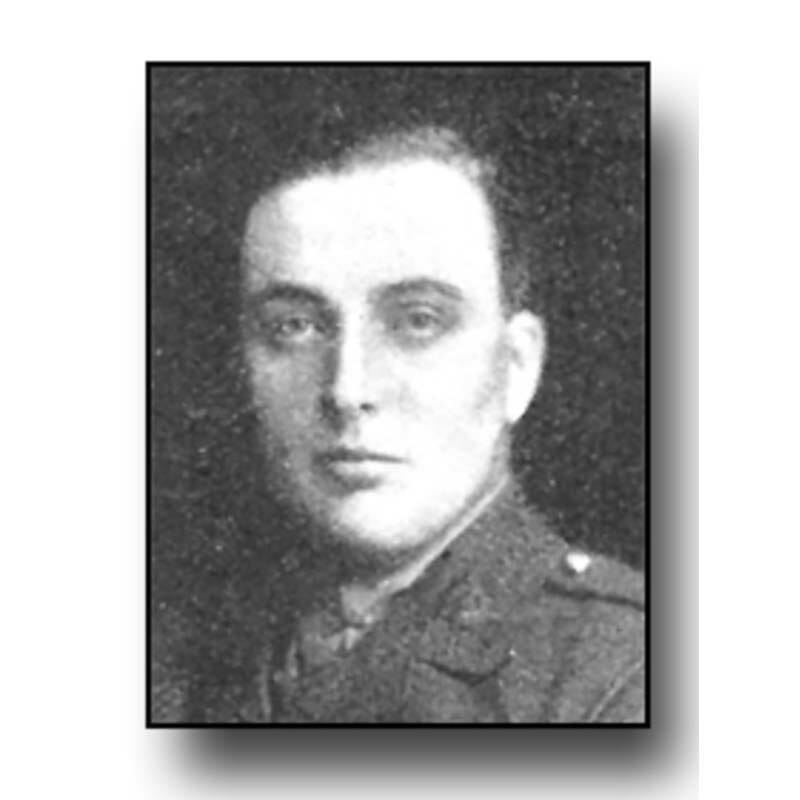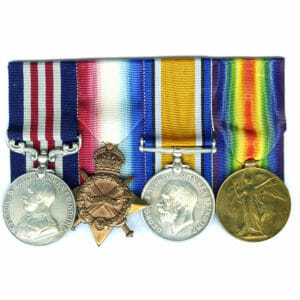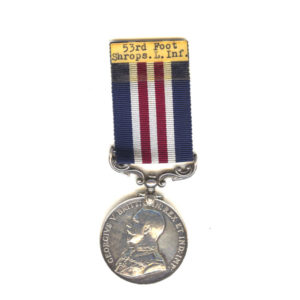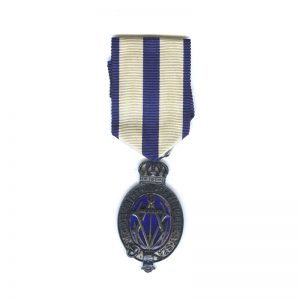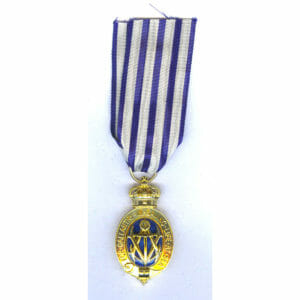Description
Military Cross, GV, British War and Victory Medal Pair, Lieut G.B. Cameron, Army Service Corps, on attachment in the field to the 7th Bn East Yorkshire Regiment, a promising Scottish Agricultural student who was commissioned and later died of wounds on 26th August 1918.
WW1 Pair officially impressed: “Lieut G. B. Cameron”
Military Cross posthumously announced in the Edinburgh Gazette on 26th September 1918, the recommendation reads:
“For conspicuous gallantry and devotion to duty during a raid. He led his company with great dash and determination, and personally attacked and killed a machine-gun crew and captured a crew. He also led a party forward of his objective to an enemy strong point and completely mopped up dug-outs and trench-mortar emplacements between the second and third objective, his skill and gallantry set a splendid example to all ranks.”
The citation is expanded in the University of Aberdeen’s roll of service in the Great War reading: “For very gallant work when in command of a company during a big raid on the enemy trenches at Beaumont-Hamel on the night of 8 June 1918. His leadership was magnificent and greatly assisted in making the enterprise a success.”
George Brown Cameron was born on 22nd March 1894, in Keith, Banffshire, Scotland. The son of Major George Cameron, of Bogbain, Keith and Elspet Brown.
He matriculated to Aberdeen University during 1912, graduating in 1915 with a B.Sc. in Agriculture. He was a most distinguished student, carrying off prized in all of his classes, for a time being the president of the University’s Agricultural Society. He was a great enthusiast in Agriculture, especially Scientific Agriculture, having made promise of going far in the study and practice of the subject, before the War arrived and he had to divert his efforts. Soon after his graduation he was granted a commission in April 1915, with the 1st Highland Divisional Transport, Army Service Corps.
He was sent the next year overseas for service in France and instead of a logistics job was now attached to the 7th Battalion East Yorkshire Regiment as a field officer, proving himself a most excellent officer.
This culminated in the award of the Military Cross during 1918 for his work in a trench raid.
Only 2 months later he died of wounds sustained in the advance on Flers, 26th August 1918.

